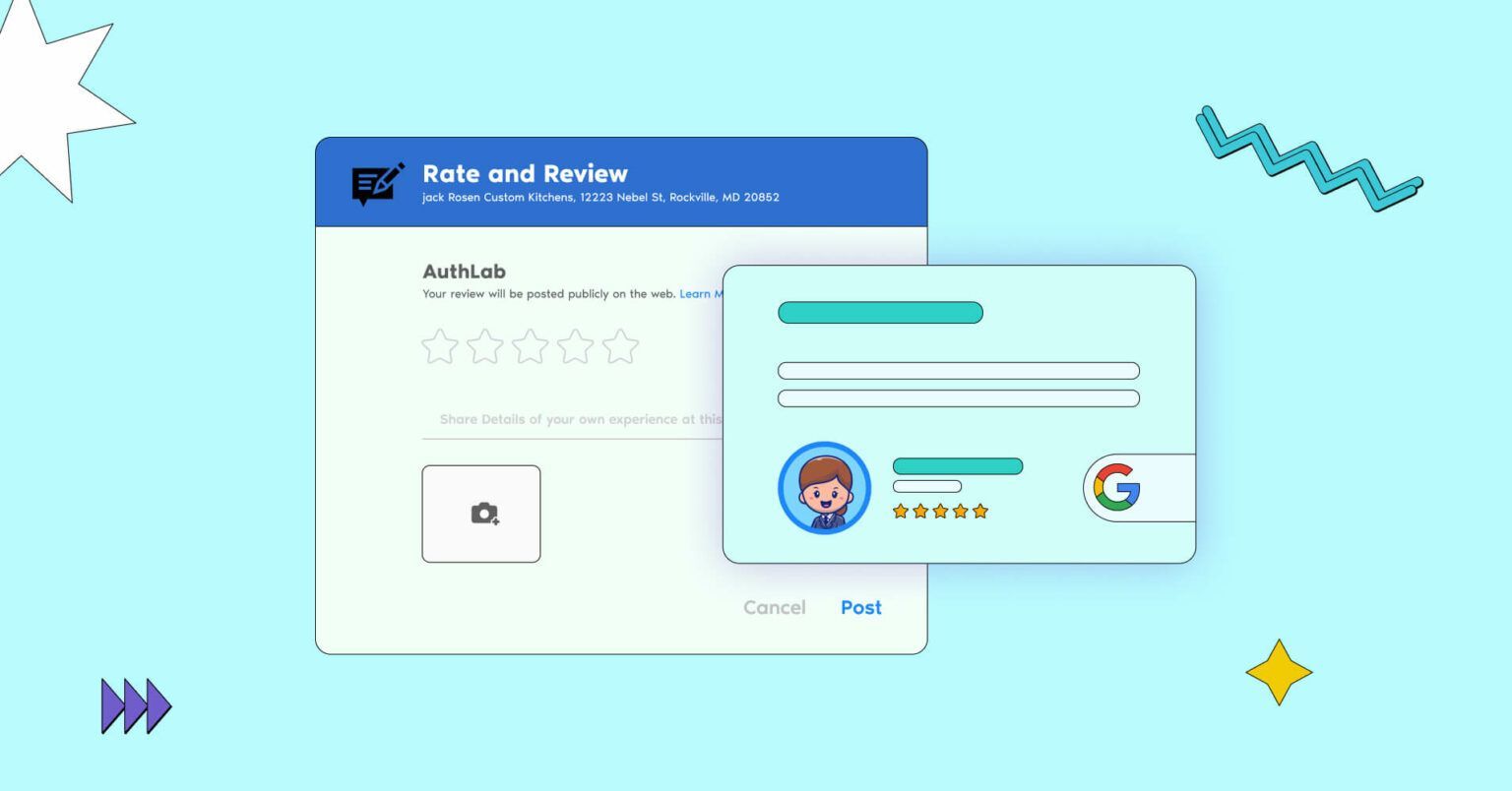Understanding the Google Reviews Guidelines and Enhancing Reputation
Introduction: The Power of Google Reviews
In today’s digital landscape, Google reviews have become one of the most influential tools businesses can leverage to build and maintain a positive reputation. They directly impact customer perceptions, influence purchasing decisions, and even affect search engine rankings. Understanding the Google Reviews guidelines and effectively managing your reputation can be a game-changer for any business striving for success in a competitive market.
What Are Google Reviews?
Google reviews are user-generated evaluations that customers leave on a business’s Google My Business profile or Google search page. These reviews are pivotal in shaping how potential customers perceive a company. Reviews can range from positive feedback that enhances a business’s credibility to negative ones that require thoughtful handling. As a business owner, it’s essential to understand the types of reviews your business can receive, from star ratings to written feedback, and how they impact your reputation.
Understanding the Google Reviews Guidelines
The Google Reviews guidelines are a set of policies created to ensure that reviews remain trustworthy, fair, and respectful. These guidelines cover everything from acceptable content to prohibited activities such as posting fake reviews or using inappropriate language. Google’s algorithms and moderators ensure that reviews comply with these rules, protecting both businesses and consumers from misleading or harmful content. Understanding these guidelines helps businesses avoid penalties and ensures reviews contribute to a trustworthy digital reputation.
Why Google Reviews Guidelines Matter
Adhering to Google’s review guidelines is essential for maintaining a positive reputation. Violating these guidelines can result in penalties, such as removal of reviews or suspension of your Google My Business account. Moreover, guidelines prevent fraudulent activities like fake reviews, ensuring that businesses maintain trustworthiness. By following these rules, businesses foster a genuine reputation that customers can trust and rely on.
Key Google Reviews Guidelines You Should Know
Google has specific rules about what content can be included in reviews. Reviews should be based on personal experiences, using appropriate language and not violating privacy. Businesses should avoid posting reviews on their behalf or offering incentives for positive feedback, as this is considered unethical. Google also allows users to flag fake reviews, and businesses can respond to them through the platform to ensure that their reputation remains intact.
Encouraging Authentic Reviews from Customers
Gathering authentic feedback is crucial for your business’s credibility. Encourage your customers to leave honest reviews by simply asking for their feedback after a purchase or service. Transparency is key—make sure they know their review is valued and that it will help improve the business. Engaging with customers, offering excellent service, and creating memorable experiences naturally lead to positive reviews without the need for manipulation or incentives.
Responding to Google Reviews: Best Practices
Engaging with reviews—both positive and negative—is an essential part of managing your reputation. When responding to positive reviews, thank your customers, show appreciation, and reinforce the aspects of your service that they praised. When addressing negative reviews, maintain professionalism, empathize with the customer’s experience, and offer a resolution. This shows potential customers that your business cares about feedback and is committed to improvement.
How Google Reviews Affect Local SEO Rankings
Google reviews play a critical role in local SEO rankings. Businesses with a higher number of positive reviews are more likely to appear at the top of local search results. Google views reviews as a sign of trust and engagement, and businesses with frequent reviews tend to rank better in local searches. By maintaining consistent, positive reviews, businesses can significantly enhance their visibility and attract more local customers.
The Influence of Google Reviews on Consumer Trust
In a world where consumers are bombarded with choices, Google reviews serve as a trusted source of social proof. A high rating and positive feedback from previous customers reassure potential buyers of the quality and reliability of your business. Trust is built through transparency and authenticity, both of which are fostered through genuine Google reviews.
Dealing with Negative Reviews: Turning Challenges into Opportunities
Negative reviews can hurt your reputation if not handled properly. However, they also offer an opportunity for growth. Responding to negative reviews professionally can demonstrate your commitment to customer satisfaction. Address the issues raised, offer a solution, and ensure that the customer feels heard. Often, customers who receive a thoughtful response to their concerns may update their review or become loyal advocates in the future.
Incentivizing Reviews Without Violating Guidelines
While it’s essential to gather reviews, it’s equally important to adhere to Google’s guidelines about incentivizing reviews. Offering incentives in exchange for positive reviews can violate these guidelines and result in penalties. Instead, focus on providing excellent service that naturally encourages satisfied customers to leave genuine feedback. Transparency and authenticity go a long way in building trust with both existing and potential customers.
The Role of Google My Business in Managing Reviews
Google My Business (GMB) is a powerful tool that allows businesses to manage their online presence, including reviews. By claiming and optimizing your GMB profile, you can ensure that your reviews are easily accessible and visible to potential customers. GMB also provides businesses with insights into how customers interact with your business, helping you make data-driven decisions to improve customer experiences.
Building a Strategy to Request Reviews
A well-thought-out strategy for requesting reviews can help ensure that your efforts yield positive results. Timing is crucial—ask for reviews when customers are most satisfied with your service or product. Personalize your requests and make it easy for customers to leave feedback by providing direct links to your review platform. Additionally, using email templates or follow-up messages can make the process seamless and encourage more responses.
How to Leverage Google Reviews for Marketing
Google reviews are a powerful marketing tool. Positive reviews can be integrated into your marketing campaigns, such as sharing them on social media, featuring them on your website, or using them in advertisements. Highlighting satisfied customers’ experiences builds credibility and attracts new clients. When potential customers see genuine testimonials, they are more likely to trust your brand.
Why Review Quantity and Quality Matter
Both the quantity and quality of reviews matter. While having numerous reviews increases the likelihood of appearing in search results, the quality of those reviews—particularly their authenticity—matters more. Strive to get consistent feedback, and focus on delivering exceptional service that encourages high-quality reviews. Balancing the two ensures that your business stands out for all the right reasons.
Google Reviews Guidelines for Businesses with Multiple Locations
Managing Google reviews for businesses with multiple locations presents unique challenges. It’s essential to respond to each location’s reviews separately, ensuring that each branch maintains its own reputation. Consistency in your responses, as well as branding, is key when managing multiple locations. Tailoring your responses to reflect the specific service provided at each location shows attention to detail and helps build local trust.
Understanding Review Transparency and Legality
Google’s review system is built to ensure transparency, allowing consumers to trust the feedback they read. For businesses, this means ensuring that reviews are not tampered with or manipulated. Google’s system verifies that reviews come from real customers who have experienced your product or service. This transparency makes the reviews more valuable for both consumers and businesses.
The Ethical Side of Managing Google Reviews
Ethical management of Google reviews is crucial for sustaining long-term success. Manipulating reviews by posting fake feedback or offering incentives for positive reviews undermines the trust your customers place in you. By focusing on transparency, honesty, and providing exceptional service, businesses can build a robust reputation without resorting to unethical practices.
The Impact of Google Reviews on Brand Loyalty
Customer loyalty is directly impacted by the quality of your Google reviews. When customers leave positive feedback, they’re more likely to return and recommend your business to others. By consistently delivering exceptional experiences and responding thoughtfully to reviews, businesses can cultivate lasting relationships with customers, which in turn drives repeat business and brand loyalty.
Conclusion: Enhancing Reputation Through Understanding Google Reviews
Google reviews are one of the most potent tools businesses can use to enhance their reputation and increase customer trust. By understanding the Google reviews guidelines and adhering to best practices for collecting and responding to reviews, businesses can foster a positive online presence that attracts new customers and nurtures existing ones. Implementing these strategies not only boosts reputation but also contributes to long-term success in a competitive market.




